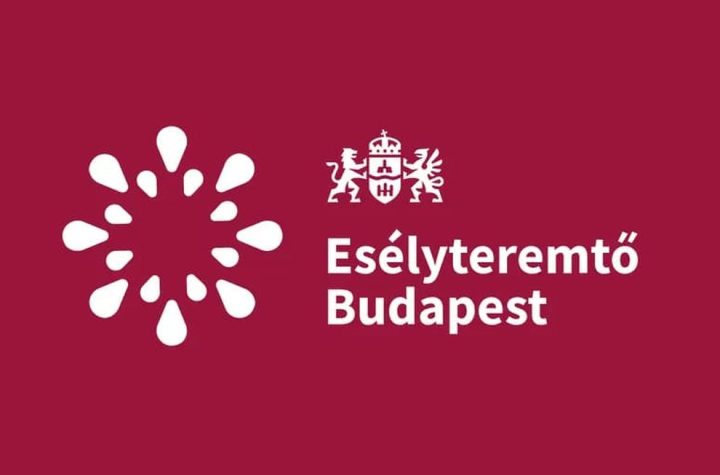 The Lisbon Summer School 2012 has as its topic the contentious relationship between religion and politics, and the impact that this relationship has on gender issues. Religion undoubtedly plays an important role in contemporary societies: multiculturalism, migration, and bioethical debates, among others, put religion in the spotlight of the public sphere, thereby calling for a redefinition of classical secularization theories. Today, the separation between religion and politics is being questioned more or less radically, as is the meaning and the substance of democracy. This invigorated interest in secularism and democracy can be observed, for example, in the recent work of Talal Asad, José Casanova, Jürgen Habermas, Saba Mahmood, Tariq Modood and Charles Taylor.
The Lisbon Summer School 2012 has as its topic the contentious relationship between religion and politics, and the impact that this relationship has on gender issues. Religion undoubtedly plays an important role in contemporary societies: multiculturalism, migration, and bioethical debates, among others, put religion in the spotlight of the public sphere, thereby calling for a redefinition of classical secularization theories. Today, the separation between religion and politics is being questioned more or less radically, as is the meaning and the substance of democracy. This invigorated interest in secularism and democracy can be observed, for example, in the recent work of Talal Asad, José Casanova, Jürgen Habermas, Saba Mahmood, Tariq Modood and Charles Taylor.
At the same time, European as well as non-European societies are experiencing a profound reshaping of their political landscapes. The Mediterranean area is especially affected by massive transformations – as can be seen in phenomena like the “Arab Spring” or the Spanish “indignados”-movement. In these contexts, it has become clear that new modes of governance redraw the boundaries between institutional actors and citizens, and create space for horizontal networks.
Gender relations lie at the heart of these transformative processes. In Europe, gender relations have over the last 20 years become the focal point of controversies over the contested separation of religion and politics – the various “Hijab affairs” in many European countries attest to this fact. Faced with the (sometimes openly) racist agendas behind many of these affairs, a critical approach is needed. Through a deep-reaching and contextually sensitive discussion, the summer school will thus refine our understanding of how secularism and democracy interrelate with gender issues today. This broad theme will be discussed on the three days of the summer school along the following lines:
- We will look into contemporary configurations of secular regimes from a comparative and historical perspective.
- We will scrutinize the manifold and complex ways in which gender is affected by, and at the same time itself affects, modes of religious governance in modern societies.
- We will focus on the democratic challenges and opportunities that religious diversity creates within liberal political regimes.
The topic of this summer school is by definition interdisciplinary. Grasping the complex interface between religion and politics, and how they it impacts on gender and gender relations involves different disciplines, such as Political Science and Sociology, Gender Studies, Philosophy, Anthropology, Religious Studies and Theology. Each of these disciplines can offer original and in-depth insights into the topic of this summer school. Therefore, researchers and practitioners working in these academic fields are invited to apply. Both theoretical papers on the normative and conceptual problems, and empirical papers on case studies, comparative accounts and historical trajectories are welcome.
In terms of teaching methodology, this summer school is based on the idea that only a productive dialogue between the faculty and the participants can promote the flourishing of democratic scholarship. Therefore, each of the three days of the summer school will consist of a morning session, with interactive presentations by the faculty, and of an afternoon session, featuring the individual presentations of the participants. Participants will hence have the unique opportunity to engage in critical conversations with the faculty, and discuss their own research projects. Faculty members will present original contributions to the topic as well as comment on the participants’ papers.
Time and Place: July 4-July 6, 2012 at the Centro de Estudos Sociais, Lisbon, Portugal
Organizers: The Lisbon Summer School 2012 is organized by the Observatory on the Politics of Cultural and Religious Diversity in Southern Europe (POLICREDOS) at the Centro de Estudos Sociais, Universidade de Coimbra, Portugal.
How to Apply: To participate in the summer school you must have at least completed a BA degree. Interested graduate students and postdoctoral researchers should fill out the following form until April 1, 2012.
Fees: 200 EUR
Language:The working language of the summer school is English.
Preparing for the Summer School: Participants will be asked to circulate their contributions prior to the summer school. There are no formal requirements for these contributions, but we would encourage the participants to only submit advanced research papers. What is more, all the participants are supposed to read the assigned texts in advance.
Web: http://www.awid.org/Library/Lisbon-Summer-School-2012-Call-for-Applications













